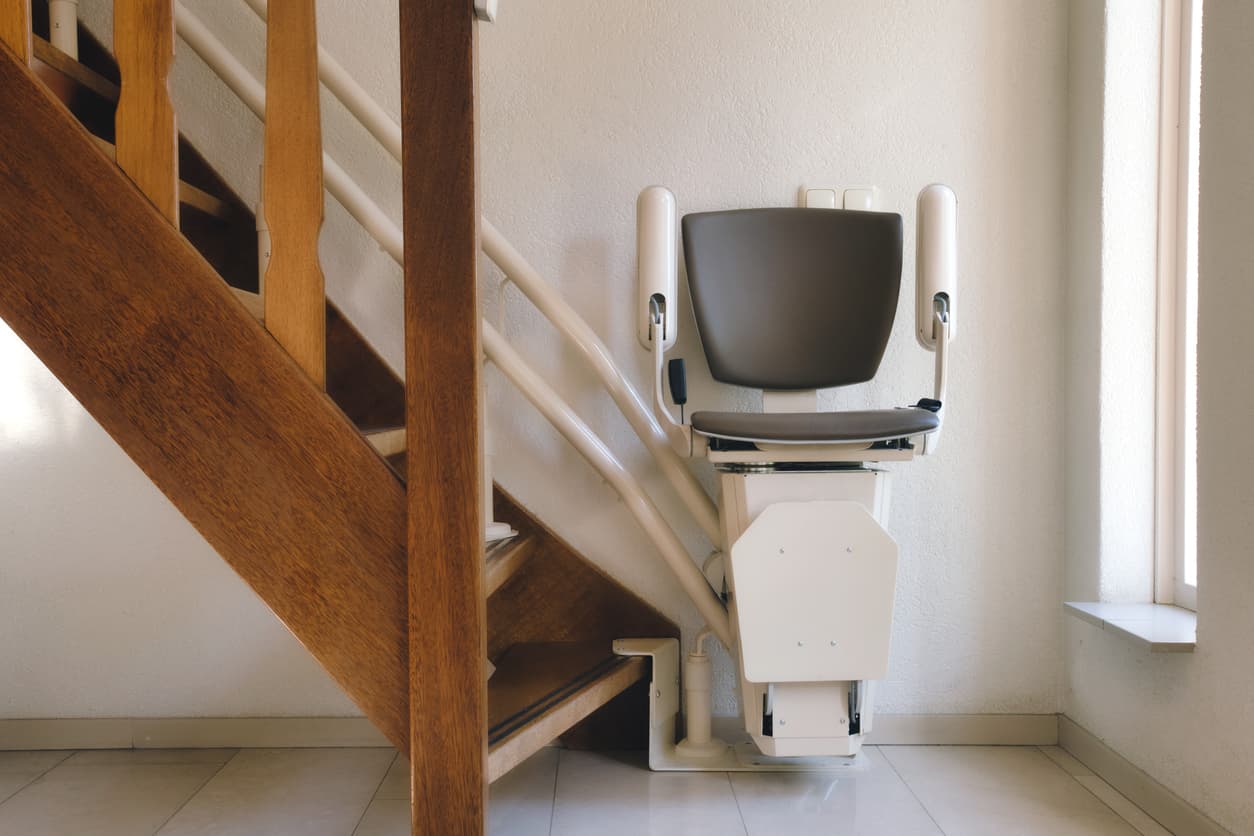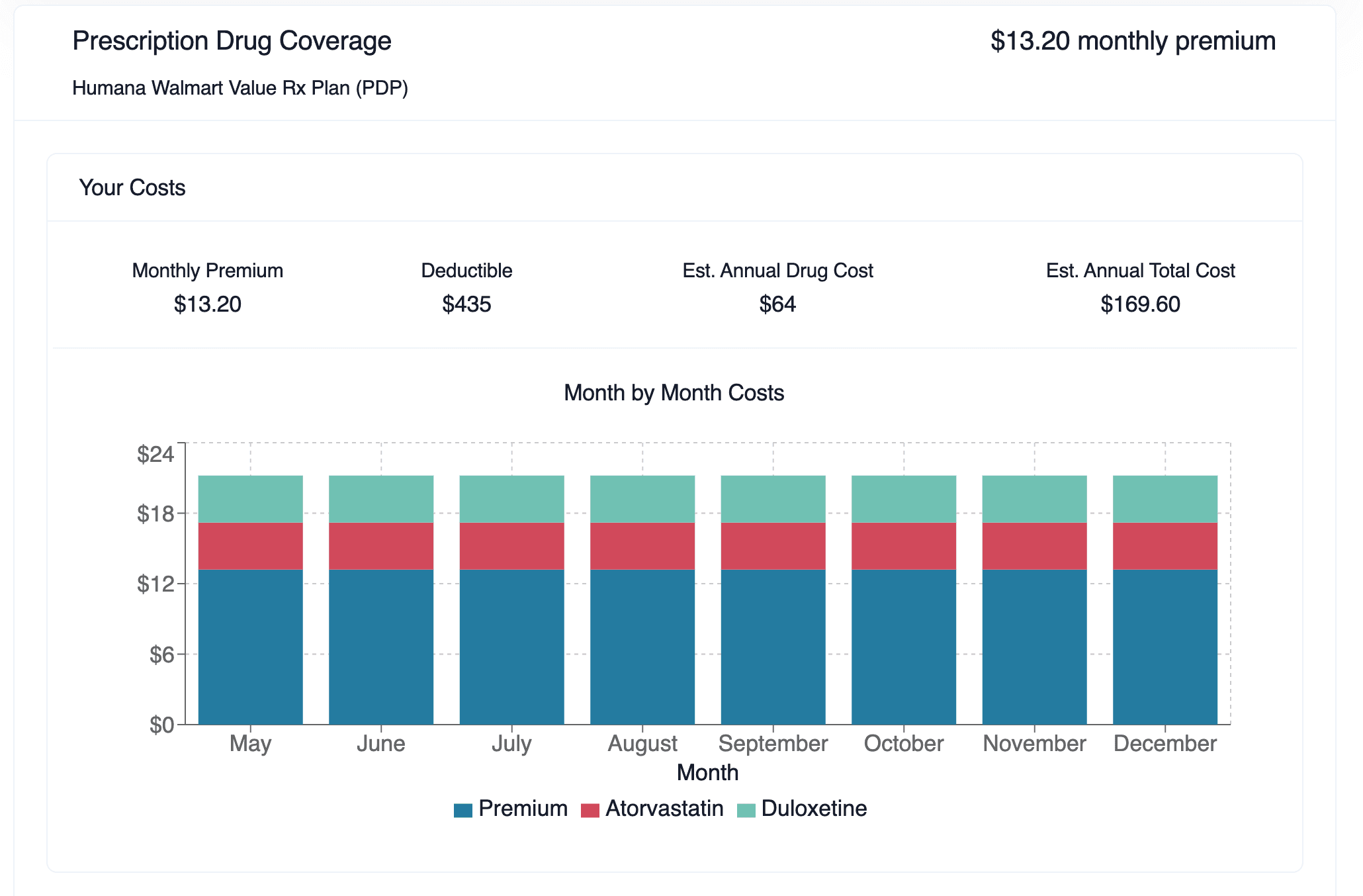Read this if you have AFib
Stay Up to Date on Medicare!
What is cardiac ablation?
How does Medicare Part A cover cardiac ablation?
How to get a referral for cardiac ablation from your doctor?
What you need to know about the pre-operative process?
What happens during the surgery?
The post-operative care required after cardiac ablation surgery
The cost of cardiac ablation and whether or not it's covered by Medicare
Takeaway
Stay Up to Date on Medicare!
Recommended Articles


















More of our articles
13 Best Ways for Seniors to Stay Active in Indianapolis
14 Best Ways for Seniors to Stay Active in Washington, D.C.
15 Best Ways for Seniors to Stay Active in Denver
2024 "Donut Hole" Updates
Are Medicare Advantage Plans Bad?
Can I Change Medicare Advantage Plans Any Time? | Medicare Plans
Can I Change My Primary Care Provider with an Advantage Plan?
Costco Pharmacy Partners with Fair Square
Do All Hospitals Accept Medicare Advantage Plans?
Do I Need Medicare If My Spouse Has Insurance?
Do You Need Books on Medicare?
Do You Need Medigap if You're Eligible for Both Medicare and Medicaid?
Does Medicare Cover Bariatric Surgery?
Does Medicare Cover Bladder Sling Surgery?
Does Medicare Cover Cataract Surgery?
Does Medicare Cover Chiropractic Visits?
Does Medicare Cover Cold Laser Therapy (CLT)?
Does Medicare Cover Compounded Medications?
Does Medicare Cover Cosmetic Surgery?
Does Medicare cover Deviated Septum Surgery?
Does Medicare Cover Driving Evaluations?
Does Medicare Cover Exercise Physiology?
Does Medicare Cover Flu Shots?
Does Medicare Cover Fosamax?
Does Medicare Cover INR Machines?
Does Medicare Cover Jakafi?
Does Medicare Cover Krystexxa?
Does Medicare Cover Linx Surgery?
Does Medicare Cover Lipoma Removal?
Does Medicare Cover LVAD Surgery?
Does Medicare Cover Mental Health?
Does Medicare Cover Mouth Guards for Sleep Apnea?
Does Medicare Cover Nexavar?
Does Medicare Cover Ofev?
Does Medicare Cover Ozempic?
Does Medicare Cover Piqray?
Does Medicare Cover RSV Vaccines?
Does Medicare Cover Shock Wave Therapy for Plantar Fasciitis?
Does Medicare Cover Vitamins?
Does Medicare Cover Wart Removal?
Does Medicare Pay for Bunion Surgery?
Does Medicare pay for Opdivo?
Does Medicare Require a Referral for Audiology Exams?
Fair Square Client Newsletter: AEP Edition
How Are Medicare Star Ratings Determined?
How Do I Sign up for Medicare? A Simple How-To Guide For You
How Medicare Costs Can Pile Up
How Much Does a Medicare Coach Cost?
How Much Does a Pacemaker Cost with Medicare?
How Much Does Medicare Cost?
How Much Does Trelegy Cost with Medicare?
How Much Does Xeljanz Cost with Medicare?
How to Choose a Medigap Plan
How to Deduct Medicare Expenses from Your Taxes
How Your Employer Insurance and Medicare Work Together
Is Balloon Sinuplasty Covered by Medicare?
Is Botox Covered by Medicare?
Is Emsella Covered by Medicare?
Is Fair Square Medicare Legitimate?
Is HIFU Covered by Medicare?
Is Vitrectomy Surgery Covered by Medicare?
Medicare Consulting Services
Medicare Explained
Plan G vs. Plan N
The Fair Square Bulletin: September 2023
Top 10 Physical Therapy Clinics in San Diego
What Are Medicare Part B Excess Charges?
What Is a Medicare Supplement SELECT Plan?
What is the 8-Minute Rule on Medicare?
What Is the Medicare Birthday Rule in Nevada?
What is the Medicare ICEP?
When Can You Change Medicare Supplement Plans?
Medicare savings tips, helpful guides, and more.
Virgil Insurance Agency, LLC (DBA Fair Square Medicare) and www.fairsquaremedicare.com are privately owned and operated by Help Button Inc. Medicare supplement insurance plans are not connected with or endorsed by the U.S. government or the federal Medicare program. This is a solicitation of insurance. A licensed agent/producer may contact you. Medicare Supplement insurance is available to those age 65 and older enrolled in Medicare Parts A and B and, in some states, to those under age 65 eligible for Medicare due to disability or End-Stage Renal disease. Virgil Insurance Agency is a licensed and certified representative of Medicare Advantage HMO, HMO SNP, PPO, PPO SNP and PFFS organizations and stand-alone PDP prescription drug plans. Each of the organizations we represent has a Medicare contract. Enrollment in any plan depends on contract renewal. The plans we represent do not discriminate on the basis of race, color, national origin, age, disability, or sex. Plan availability varies by region and state. For a complete list of available plans please contact 1-800-MEDICARE (TTY users should call 1-877-486-2048), 24 hours a day/7 days a week or consult www.medicare.gov. © 2022 Help Button Inc
We do not offer every plan available in your area. Any information we provide is limited to those plans we do offer in your area. Please contact Medicare.gov or 1-800-MEDICARE to get information on all of your options.
MULTIPLAN_FairSquareMedicare_01062022_M

